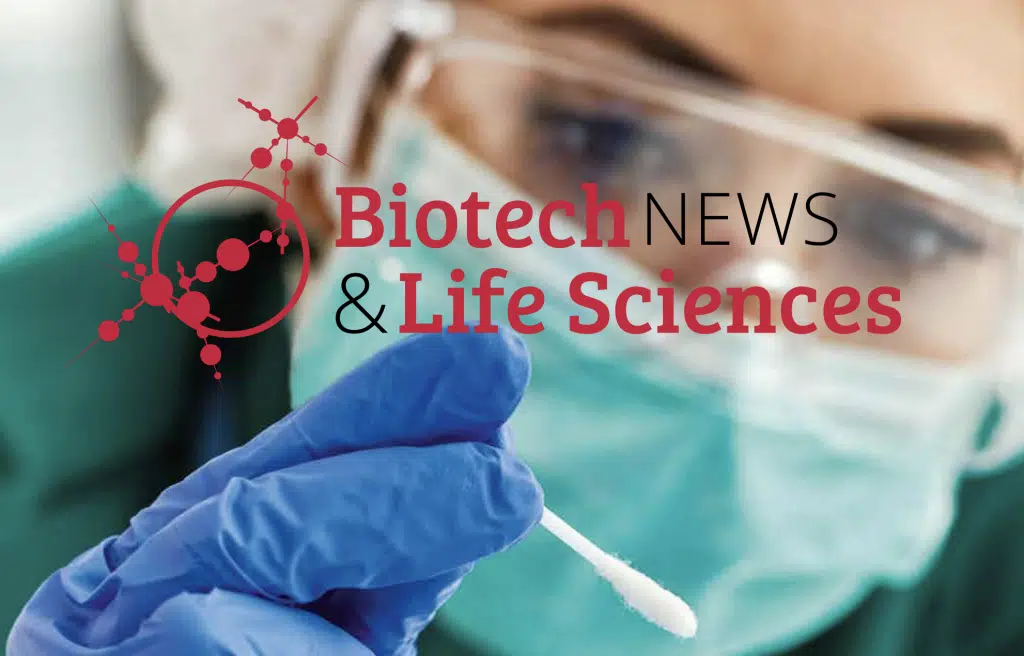
Biotech Innovations: CRISPR and Gene Editing Transform Medicine
Biotechnology continues to make remarkable strides, particularly with CRISPR and other gene-editing technologies. CRISPR-Cas9 allows precise modifications to DNA, enabling treatments for genetic disorders, personalized medicine, and potential eradication of hereditary diseases. Recent clinical trials demonstrate the efficacy of gene therapy in treating conditions like sickle cell anemia, cystic fibrosis, and muscular dystrophy. Personalized medicine approaches, using patient-specific genetic profiles, optimize treatment plans, reduce side effects, and improve outcomes. Ethical considerations are paramount as gene-editing technology becomes more accessible. Issues such as germline editing, designer babies, and equitable access to treatments are heavily debated. Regulatory frameworks aim to balance innovation with responsible usage, ensuring patient safety and public trust. Biotech companies are also exploring the convergence of AI and genomics, using machine learning to predict gene function, identify disease markers, and accelerate drug discovery. This synergy is creating a new era of precision medicine, where treatments are tailored to an individual's genetic makeup. As CRISPR and related technologies mature, the potential for curing previously untreatable diseases grows exponentially. Collaboration between researchers, clinicians, and policymakers is essential to harness these innovations responsibly, ensuring that biotechnology transforms medicine in ways that are ethical, safe, and widely accessible.